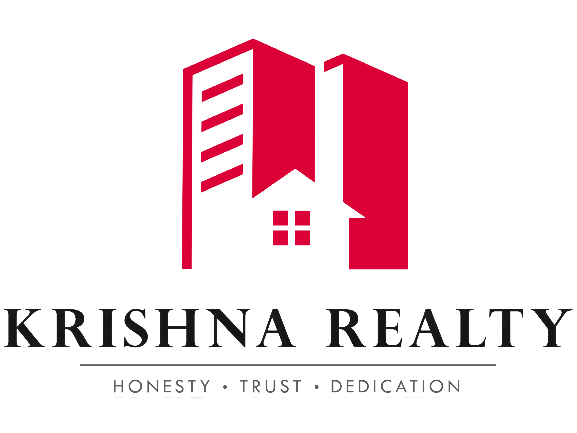Eco-friendly and Sustainable Housing
What is Eco-friendly and Sustainable Housing?
Eco-friendly and sustainable housing embodies a holistic approach to residential construction, focusing on minimizing the environmental impact of homes while promoting energy efficiency, resource conservation, and the well-being of occupants. These housing solutions are designed and built with careful consideration for the environment, employing energy-efficient technologies, renewable energy sources, and environmentally friendly materials. By integrating features such as proper insulation, energy-efficient appliances, water-saving fixtures, and natural ventilation, eco-friendly homes reduce energy and water consumption, leading to lower utility bills and decreased strain on natural resources. Additionally, sustainable housing prioritizes indoor air quality, utilizing low-VOC paints and proper ventilation systems to create healthier living spaces. Construction methods emphasize the use of recycled, reclaimed, or renewable materials, reducing waste and minimizing the carbon footprint. By fostering a harmonious relationship between humans and their surroundings, eco-friendly and sustainable housing contributes significantly to a greener, more sustainable future.
Eco-friendly and Sustainable Housing Solutions
Eco-friendly and sustainable housing solutions represent innovative approaches to addressing the pressing environmental challenges of our time. These solutions encompass a wide range of practices and technologies designed to reduce the ecological footprint of residential buildings. From energy-efficient designs and renewable energy systems such as solar panels and wind turbines to the use of eco-friendly materials like reclaimed wood and recycled metal, these housing solutions prioritize environmental conservation. Water conservation techniques, such as rainwater harvesting and greywater recycling, further contribute to sustainable living. Additionally, sustainable housing emphasizes smart home technologies and energy-efficient appliances, reducing energy consumption and promoting eco-conscious habits among residents. Green roofs, proper insulation, and natural ventilation systems enhance energy efficiency and create healthier indoor environments. Beyond the construction phase, sustainable housing encourages eco-friendly lifestyle choices, fostering a culture of environmental awareness and responsibility. By integrating these comprehensive solutions, eco-friendly housing not only minimizes environmental impact but also sets a new standard for comfortable, healthy, and sustainable living for communities worldwide.
Importance of Eco-friendly and Sustainable Housing

Environmental Conservation:
Sustainable housing practices significantly reduce the environmental impact of construction and habitation. By promoting energy efficiency and the use of renewable energy sources, these homes lower greenhouse gas emissions, combatting climate change. Moreover, the emphasis on eco-friendly materials and responsible waste management reduces deforestation, pollution, and the overall depletion of natural resources.
Resource Conservation:
Sustainable housing minimizes the consumption of valuable resources like water and energy. Through features such as rainwater harvesting, energy-efficient appliances, and proper insulation, these homes conserve resources, ensuring their availability for future generations. This is particularly crucial in the face of growing populations and increasing strain on limited resources.


Health and Well-being:
Eco-friendly homes prioritize the well-being of occupants. They are designed to enhance indoor air quality by using non-toxic, low-VOC materials and incorporating efficient ventilation systems. This leads to healthier living environments, reducing the risk of respiratory problems, allergies, and other health issues associated with poor indoor air quality.
Economic Benefits:
Sustainable housing initiatives stimulate economic growth by creating jobs in green industries. The demand for eco-friendly technologies, renewable energy systems, and green construction materials fosters innovation and entrepreneurship, driving economic development while contributing to environmental sustainability.


Long-Term Cost Savings:
While the initial investment in eco-friendly features might seem higher, sustainable homes offer significant long-term cost savings. Energy-efficient designs and appliances lower utility bills, and durable materials reduce the need for frequent maintenance and replacements. Over time, homeowners save money while reducing their ecological footprint.
Community and Social Benefits:
Sustainable housing projects often promote community development and social cohesion. By creating green spaces, encouraging public transportation, and fostering a sense of environmental responsibility, these initiatives enhance the quality of life in communities. Additionally, they raise awareness about environmental issues, encouraging sustainable practices beyond the realm of housing.

